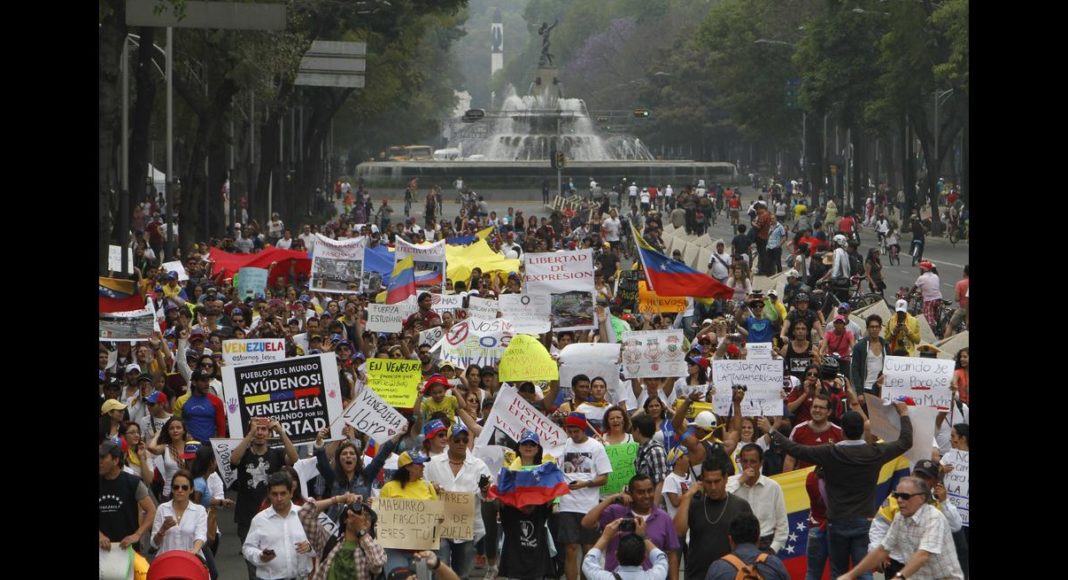The end of street protests does not mean the end of Venezuela’s crisis. Rising economic problems and unaddressed political demands could lead to renewed violence and threaten national stability.
Violent protests on Venezuela’s streets have calmed down, but the government’s perceived victory over the opposition belies simmering political dissent. Opposition demands, such as to restore independence to the justice system and other key institutions, have not been heeded. Most of the killings during the protests remain unsolved. The economic recession and a critical shortage of basic goods, including food and medicines, require urgent action, which the government delays. Internal dissent on both sides has also contributed to a reluctance to resume the negotiations that stalled in May. The International Crisis Group’s latest briefing, Venezuela: Dangerous Inertia, outlines ways to address the root causes of the crisis that, if left to fester, might well worsen, with repercussions beyond Venezuela.
The briefing’s major findings and recommendations are:
- Any solution to Venezuela’s long political crisis must go hand in hand with the development of autonomous rule-of-law institutions capable of applying the law impartially. The government and opposition must therefore agree on a viable timeframe and trustworthy mechanism to appoint new members of the Supreme Court, the National Electoral Council and other key institutions.
- The international community should supervise and assist in this process to validate the integrity of the selection of personnel and to ensure that civil society actors, free from political pressures, participate in the selection as provided for by the constitution. The opposition clearly requires an impartial observer able to offer reassurances, while the government would benefit by bringing in credible external actors to bolster it in some of the difficult decisions it faces.
- The Union of South American Nations (UNASUR) seems best placed to play this role, but as a relatively young organisation it might benefit, itself, from support. Other actors, like the UN, should, where needed, offer technical and political assistance. This might initially focus on, for example, reinforcing the capacity of UNASUR to produce analysis and policy recommendations and helping to design a credible framework for talks.
- UNASUR and the international community should likewise promote a return to negotiations and support calls for a release of those detained for non-violent political protest
“The roadmap for addressing the crisis does not need to be drafted from scratch, it is available in the constitution” says Javier Ciurlizza, Latin America Program Director. “Venezuela’s neighbours and the broader international community have a crucial role in bringing both sides back to the negotiation table and reforming Venezuela’s political system. If they don’t succeed, the quiet on Venezuela’s streets might be the calm before the next storm”.

